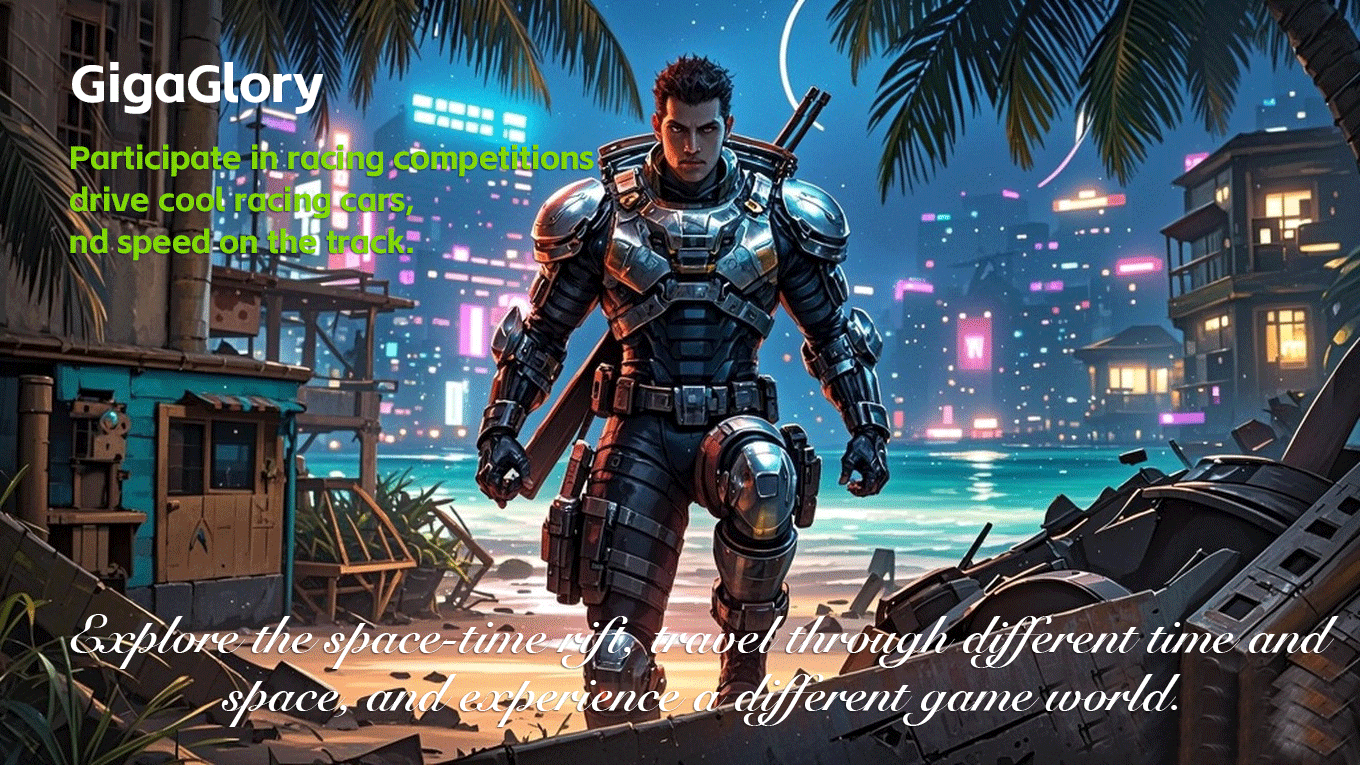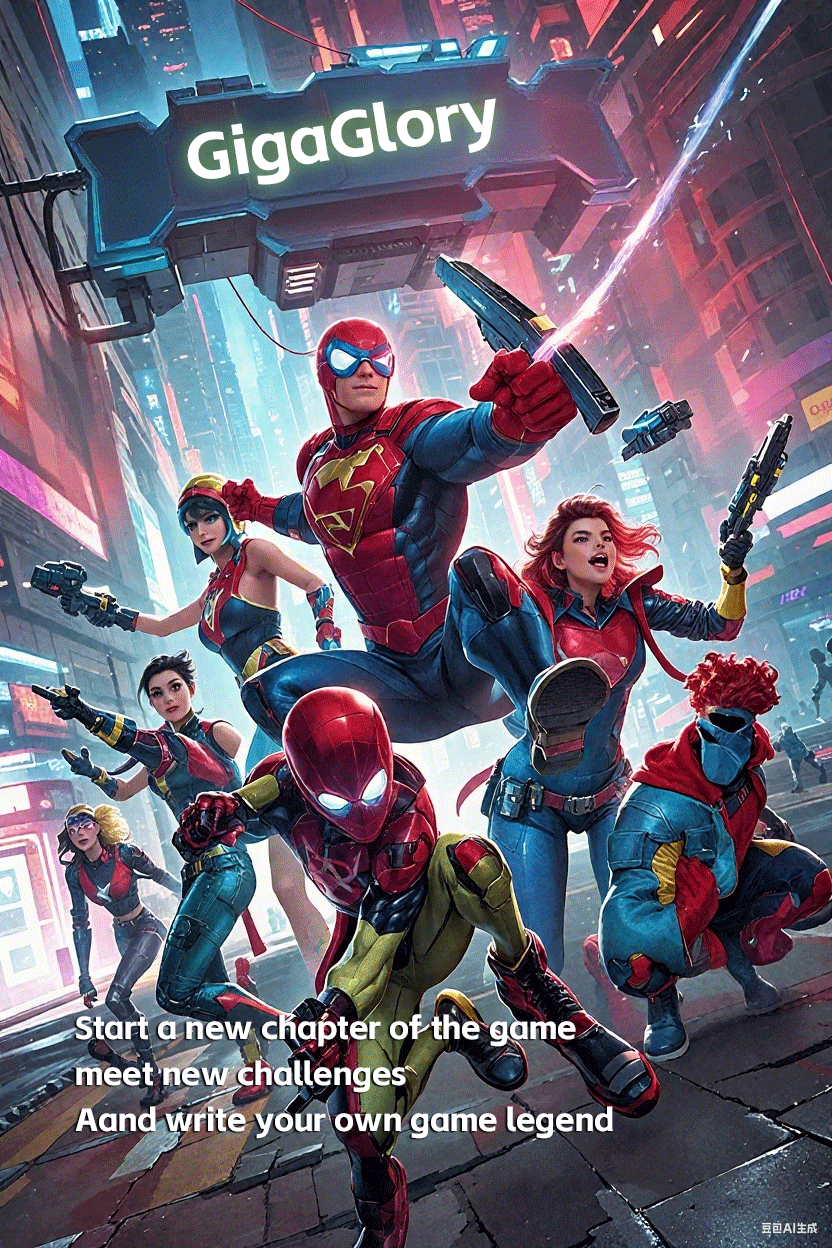Unlocking the Mind: How Puzzle Games Evolved into Engaging Turn-Based Strategy Games
In a world where digital entertainment continually beckons our every whim, the evolution of games has become an intricate tapestry interwoven with innovation and creativity. At the heart of this transformation lies a genre that once seemed simple: puzzle games. These games, which bathe the mind in colors of logic and reasoning, have gradually metamorphosed into the captivating arena of turn-based strategy games. What sparked this evolution? What secrets does this journey reveal? Let’s embark on an enlightening exploration.
The Origins of Puzzle Games
Initially, puzzle games were mere amusements designed to challenge our cognitive abilities. Classic examples include jigsaw puzzles and crossword puzzles. Their charm lied in their simplicity—pieces fitting together, clues leading to revelations. As technology advanced, these humble beginnings gave rise to digital counterparts that captivated players worldwide. Modern puzzle games have layers of complexity, bringing forth mechanics that demand not just speed, but strategy.
Transition to Strategy: The Merging Genres
The transition from puzzle games to strategy games was not a sudden phenomenon. It unfolded gradually, revealing an array of innovations at each stage. Gamers sought not just to solve simple problems, but to engage in deeper tactical decisions. Can you recall the first time you played a game where every move was critical? The tension is palpable; every decision could lead to failure or triumph.
Key Innovations in Puzzle-Based Strategies
- Character Development: As players dove deeper, developers recognized the need for characters with intentions and evolutions.
- Resource Management: Creating a system that intertwines puzzle-solving with resource allocation birthed new mechanics.
- Multiplayer Modes: The inclusion of multiplayer elements sparked competition, adding layers of excitement.
The Appeal of Turn-Based Mechanics
Turn-based games encapsulate a unique lure, don’t they? The pause after each move creates a breath of anticipation. Players get ample time to mull over their strategies, visualize potential outcomes, and unleash their inner tactician. This kind of gameplay nurtures a meditative state, allowing players to ponder rather than rush.
A Puzzle Game’s Identity in the Strategy Realm
Many players frequently ask, what defines a puzzle game when it cloaks itself in the robe of a strategy title? Is it the spatial reasoning, the logical connections made? Ultimately, puzzle elements continue to play a vital role in the structural integrity of turn-based strategy games. They represent the foundation upon which strategies are built.
Successful Examples of the Genre Merging
| Game Title | Release Year | Developer | Features |
|---|---|---|---|
| Fire Emblem | 1990 | Nintendo | Character growth, tactics, and puzzles |
| Advance Wars | 2001 | Intelligent Systems | Resource management & tactical warfare |
| Into the Breach | 2018 | Subset Games | Grid-based movement & strategic puzzle-solving |
Psychology Behind Puzzle Games
Have you ever pondered why solving puzzles feels so satisfying? The answer lies within the human psyche. As players solve challenges, dopamine—a ‘feel-good’ neurotransmitter—floods the brain. This reinforces the desire to tackle more obstacles. The thrill of “unlocking” new levels, both within games and within our minds, nurtures an insatiable appetite for achievement.
The Rise of Mobile Puzzle Games
In the age of smartphones, puzzle games have thrived on the small screen. They’ve captured a wider audience, thanks to their accessibility and engaging mechanics that fit perfectly into our daily routines. Games like *Candy Crush Saga* or *Two Dots* latch onto our need for quick, satisfying bursts of gameplay while cleverly embedding strategic elements that entrain players into longer gaming sessions.
Turning Strategy into Art
When examining turn-based strategy games, one must acknowledge the artistry of their design. Visuals, soundscapes, and narrative structure come together harmoniously, creating an immersive experience. Take a step back and enjoy the layers of strategy displayed before you, much like appreciating a complex painting. Every brushstroke has meaning. Every move, a reaction.
The Future of Puzzle Strategy Games
As we gaze into the horizon, one must wonder: where does this genre head next? Innovations like artificial intelligence, virtual reality, and augmented reality are set to redefine how we engage with strategy puzzles. The potential for adaptive difficulty levels tailored to each player's skills, to create uniquely personal gaming experiences, seems tantalizingly close.
Who Owns the Royal Kingdom Game?
As we dive deeper into this gaming universe, curiosity blossoms. Who indeed owns the domain of “Royal Kingdom” games? It’s a sector bustling with activity from various developers, each vying for attention. The answer often shifts with ongoing acquisitions and new releases. Keeping tabs on ownership and development can reveal interesting insights, such as the partnerships and collaborations that emerge in this dynamic landscape.
In Search of the Delta Force Guy with Glasses
Certain images become indelibly etched into our minds while playing games. For some, it's the infamous *Delta Force guy with glasses*—a figure emblematic of the tactical prowess required in strategy games. This iconic character serves as a reminder of the thrilling narratives and the engaging mechanics that continue to enrich both puzzle and strategy genres alike.
Conclusion: The Next Chapter Awaits
The journey of puzzle games into turn-based strategy is a profound tale of innovation, creativity, and psychological engagement. As players, we are offered not just games, but complex narratives interwoven with choices, tactics, and a sprinkle of art. With each evolution, we unlock further chapters of exploration and discovery. Embrace this ever-changing world, for it holds myriad opportunities for both enjoyment and challenge, engaging our minds while offering countless triumphs and frustrations along the way.



